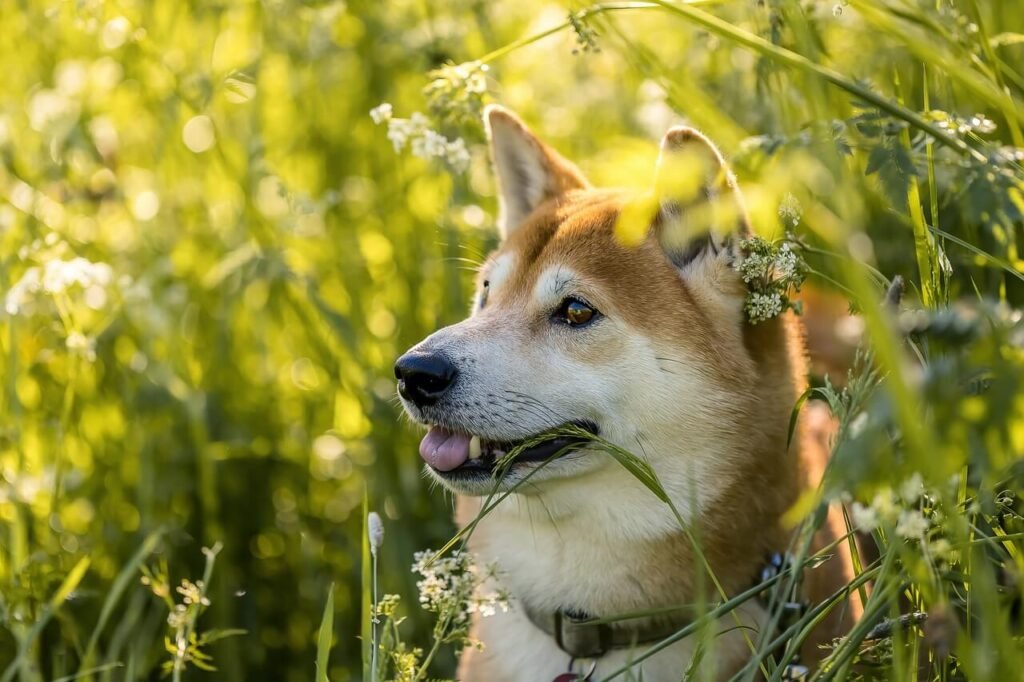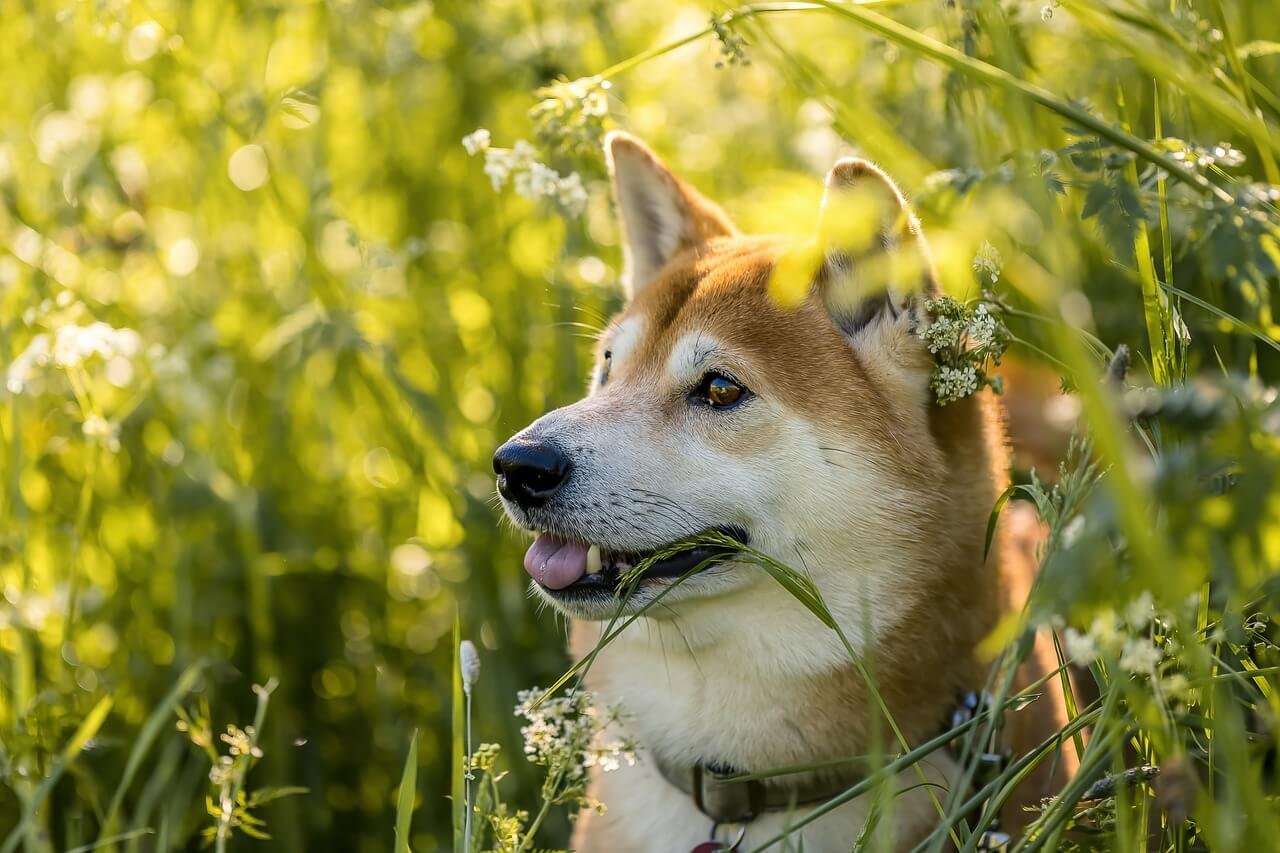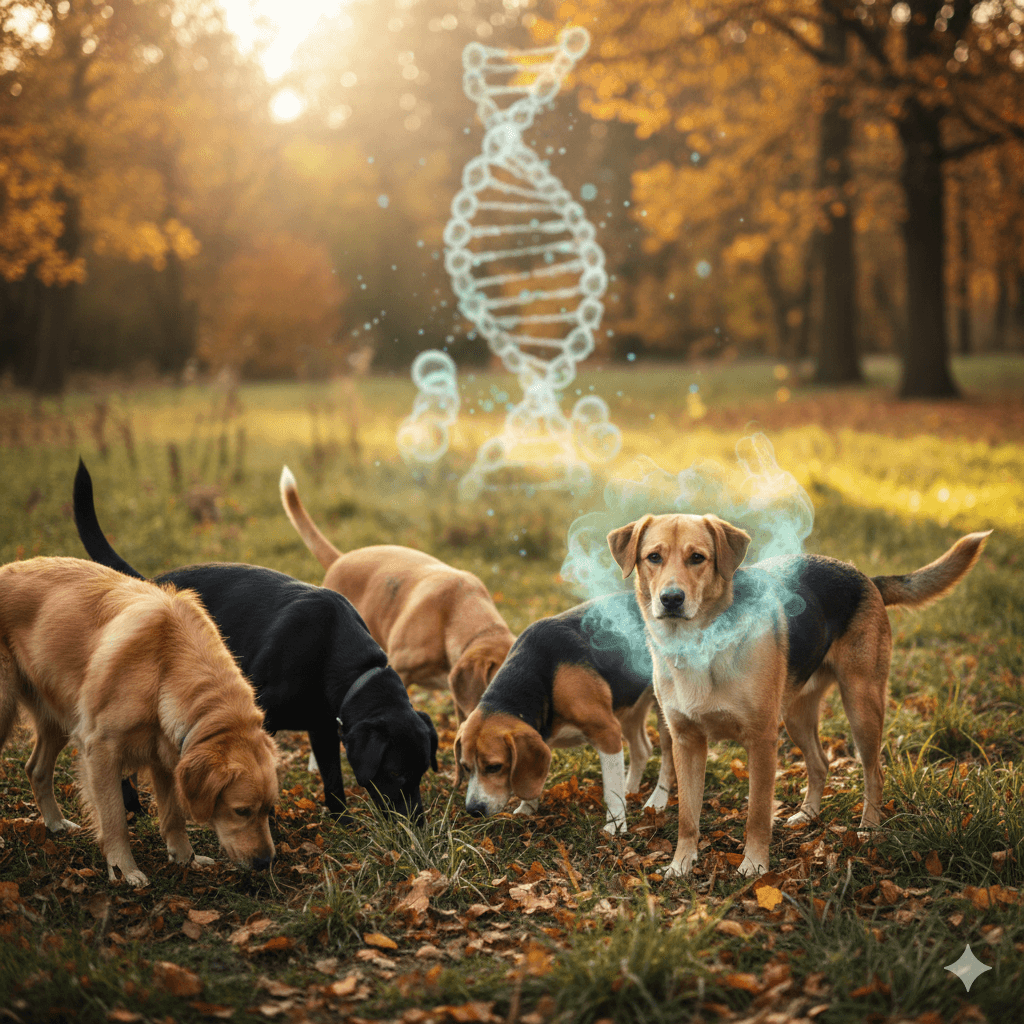Why Does My Dog Rest His Head on Me When He Sleeps? Decoding the Canine Cuddle Code
Dogs are known for their unconditional love and loyalty, and one of the most endearing behaviors they exhibit is resting their heads on us while sleeping. If you’ve ever found yourself wondering why your furry friend chooses to snuggle up this way, you’re not alone. This adorable habit isn’t just random—it’s a meaningful gesture that reflects your dog’s bond with you. In this blog post, we’ll explore the reasons behind this behavior, uncover what it says about your relationship, and help you understand how to respond to your pup’s affectionate quirks.
What Does It Mean When Your Dog Rests His Head on You?
When your dog rests his head on you during sleep, it’s more than just a physical act—it’s a form of communication. Dogs use body language to express their feelings, and this behavior often signifies trust, comfort, or even a need for reassurance. Below are some possible interpretations of this heartwarming habit:
Bonding and Affection:
Your dog may be expressing his deep attachment to you by seeking closeness.Seeking Comfort:
Resting their head on you could signal that your dog feels safe and secure in your presence.Claiming Ownership:
Some dogs exhibit this behavior as a way of marking you as part of their pack.Temperature Regulation:
Dogs sometimes seek warmth from their humans, especially if they feel cold.A Habit From Puppyhood:
Puppies often rest on their littermates for comfort, and this behavior can carry into adulthood.
Understanding these motivations can deepen your appreciation for your dog’s unique ways of showing love. The next time your pup rests his head on you, take it as a compliment—he clearly cherishes your companionship!
The Emotional Benefits of This Behavior for Both You and Your Dog
This adorable habit isn’t just good for your dog—it benefits you too! The emotional connection fostered through such moments of closeness can have positive effects on both human and canine well-being. Here’s how this behavior impacts both parties:
Stress Reduction:
Physical contact with your dog can lower cortisol levels and promote relaxation.Boosted Mood:
Spending quality time together releases oxytocin, also known as the “love hormone,” in both you and your dog.Strengthened Trust:
Allowing your dog to rest his head on you reinforces mutual trust and strengthens your bond.Routine and Stability:
Consistent displays of affection create a sense of routine, which is comforting for dogs.Improved Communication:
Observing your dog’s behavior helps you better understand his needs and preferences.
By embracing this sweet ritual, you’re not only nurturing your dog’s emotional health but also enhancing your own happiness. Who knew something so simple could mean so much?
Check this guide 👉Why Does My Dog Eat Sticks? Best 7 Behavior Tips!
Check this guide 👉Why Does Your Dog Dig in Bed? Best 7 Behavior Tips!
Check this guide 👉Why Does My Dog Eat Rocks? Best 7 Expert Tips!

Reasons Behind the Behavior | How to Respond Appropriately |
|---|---|
Bonding and Affection | Gently pet your dog to reciprocate love |
Seeking Comfort | Ensure your dog has a cozy sleeping area |
Claiming Ownership | Reinforce your role as a caring leader |
Temperature Regulation | Provide blankets or warm bedding |
A Habit From Puppyhood | Allow the behavior unless disruptive |
Tips to Encourage Positive Resting Habits
If you want to encourage this loving behavior while maintaining boundaries, here are some practical tips to consider:
Create a Cozy Environment:
Make sure your dog has a comfortable bed nearby to prevent dependency on human touch.Set Boundaries Early:
Teach your dog where he can and cannot rest to avoid unwanted interruptions.Reward Calm Behavior:
Use treats or praise to reinforce calmness when your dog rests near you.Monitor Health Signals:
Keep an eye out for signs of discomfort or illness that might prompt clingy behavior.Spend Quality Time Together:
Engage in activities like walks or playtime to strengthen your bond naturally.
By following these guidelines, you can ensure that your dog feels loved and secure without compromising your personal space.
Common Misconceptions About This Behavior
There are several myths surrounding why dogs rest their heads on their owners. Let’s debunk a few common misconceptions:
Myth: It’s Always a Sign of Dominance
While some dogs may assert dominance, most do this out of affection.Myth: It Indicates Separation Anxiety
Though anxiety can play a role, many confident dogs also exhibit this behavior.Myth: It’s Only for Warmth
Temperature regulation is one factor, but emotional connection is equally important.Myth: It’s Exclusive to Certain Breeds
Any breed or size of dog can show this behavior—it’s universal among canines.Myth: You Should Discourage It Completely
Unless problematic, there’s no harm in allowing your dog to rest his head on you.
Understanding these truths will help you view your dog’s actions in a more accurate light.
Signs Your Dog Feels Safe Resting His Head on You
When your dog chooses to rest his head on you, it’s often a sign that he feels completely at ease in your presence. This behavior reflects the level of trust and security he associates with you. Here are some signs that indicate your dog feels safe and comfortable:
Relaxed Body Language:
A loose, calm posture shows your dog is at peace.Slow Breathing Patterns:
Deep, steady breaths suggest relaxation rather than stress.Soft Eye Contact:
Gazing at you with soft eyes indicates affection and trust.Leaning Into You:
Physical closeness demonstrates reliance and comfort.No Signs of Tension:
Absence of growling, whining, or fidgeting points to contentment.
By observing these subtle cues, you can confirm that your dog views you as his ultimate source of safety. This knowledge allows you to cherish the bond even more deeply.
How to Strengthen Your Bond Through This Behavior
If your dog already rests his head on you, there are ways to build an even stronger connection. By reinforcing positive interactions, you can deepen your relationship and make him feel even more loved. Consider these strategies:
Offer Gentle Touches:
Lightly petting your dog during quiet moments enhances bonding.Speak in a Soothing Voice:
Calm, reassuring tones help your dog feel secure.Engage in Playtime:
Incorporating fun activities strengthens mutual trust and joy.Provide Treats for Affection:
Rewarding your dog for calm behavior reinforces positive habits.Spend More Quality Time Together:
Simply being present and attentive makes a big difference.
These small gestures not only reinforce your bond but also ensure your dog feels cherished every day.
Potential Concerns to Watch For
While resting their head on you is typically a positive behavior, there may be underlying issues worth monitoring. Sometimes, changes in behavior can signal discomfort or health problems. Keep an eye out for these potential red flags:
Excessive Clinginess:
If your dog suddenly becomes overly attached, it could indicate anxiety.Restlessness While Sleeping:
Constant movement might point to physical discomfort or pain.Changes in Appetite or Energy Levels:
These could be signs of illness or stress.Avoidance of Eye Contact:
Turning away might mean fear or uneasiness in certain situations.Unusual Vocalizations:
Whining or whimpering while resting could indicate distress.
By staying vigilant about these signs, you can address any concerns early and ensure your dog remains happy and healthy. Remember, proactive care is key to maintaining a thriving relationship.
Frequently Asked Questions About Dogs Resting Their Heads on Humans
Is it normal for my dog to rest his head on me while sleeping?
Yes, it’s a completely normal and healthy behavior that reflects trust and affection.
Should I stop my dog from doing this?
Only if it becomes disruptive; otherwise, it’s fine to let him continue.
Does this behavior indicate separation anxiety?
Not necessarily—it’s usually a sign of bonding rather than anxiety.
Can all breeds exhibit this behavior?
Absolutely! Size and breed don’t determine whether a dog will display this trait.
How can I make my dog feel more comfortable?
Provide a cozy bed, spend quality time together, and maintain a consistent routine.
Cherishing the Moments That Matter
In conclusion, your dog resting his head on you while sleeping is a testament to the incredible bond you share. Whether driven by affection, comfort, or instinct, this behavior highlights the special place you hold in your dog’s life. By understanding its significance and responding appropriately, you can nurture this connection even further. So the next time your furry companion leans in for a snooze, embrace the moment—it’s a reminder of the unconditional love and joy that dogs bring into our lives. After all, these small gestures are what make having a dog such a rewarding experience.
How Cats Develop Lymphoma: Best 7 Expert Tips! – Learn about causes, symptoms, and prevention to protect your cat from this common cancer.
How Dogs Develop Lymphoma: Best 7 Expert Tips! – Learn causes, symptoms, and prevention strategies to protect your dog from this common cancer.
Diphenhydramine Safe for Dogs? Best 7 Expert Tips! – Learn proper dosing, uses, and precautions to keep your dog safe while using Benadryl.
Is Milk in Cat Food Safe? Best 7 Expert Tips! – Discover the truth about milk in cat food, its risks, and how to keep your feline healthy and happy.





